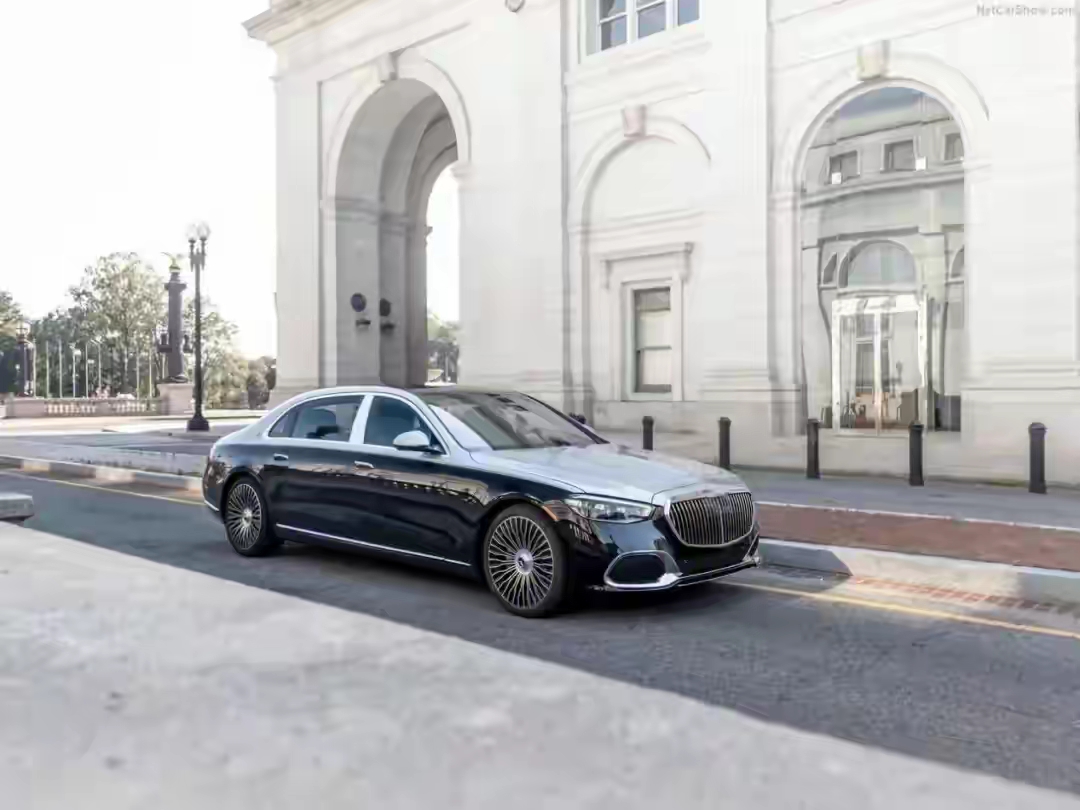
Amidst the ever-changing landscape of the automotive industry, Audi's recent series of actions can be described as remarkable, as if suddenly overturning the table of established chess games and breaking people's conventional understanding of its development path. Audi, which once vowed on the road to electrification transformation, has now undergone a significant shift in its strategic direction, and the reasons behind this are worthy of in-depth analysis.
From the perspective of market performance, Audi's performance in the field of electrification is not ideal. Its factory located in Brussels, Belgium, as an important hub for Audi's electrification, ended up closing after investing a lot of resources. This factory, which has an investment of 700 million euros, a history of over 70 years, and has been transitioning to electric vehicle production since 2018, was once highly anticipated and seen as the starting point of Audi's electrification transformation. However, the reality is cruel. The sales of its flagship product Q8 e-tron model have sharply declined, and the global market's demand for high-end electric SUVs has declined, causing the factory to become a ruin after 18 months of production. Finally, it was announced to be permanently closed on January 2, 2024.
Sales data is a direct reflection of Audi's electrification dilemma. In 2024, Audi's global sales reached 1.67 million vehicles, a sharp decline of 11.8% year-on-year. All three major markets around the world fell, with the Chinese market dropping by about 10.9% year-on-year to 653000 vehicles, the US market dropping by 14% to 196000 vehicles, and the German domestic market falling by 21.3% to 198000 vehicles. In terms of electric vehicle sales, only 164000 pure electric vehicles were sold in 2024, accounting for less than 10% of total sales, lagging behind Mercedes Benz and BMW. In China, the largest single market, Audi sold 287600 vehicles in the first half of 2025, a year-on-year decrease of 10.2%, of which 7897 were pure electric models, a year-on-year decrease of 23.5%.
Faced with such severe market performance, Audi's electrification strategy adjustment has become inevitable. In June 2025, Audi's global CEO, Gao De Nuo, announced that Audi will no longer set a hard time point to stop developing and selling internal combustion engine vehicles, and will continue to produce fuel engine and hybrid models in the next 7 to 10 years. Audi stated that in the future, it will provide a differentiated product portfolio covering pure electric models, plug-in hybrid models, and internal combustion engine models in a flexible and stable manner.
From a cost and profit perspective, developing a new pure electric platform requires billions of euros in investment. In the past few years, Audi's annual research and development expenses have skyrocketed by 20% to lay out PPE and inflate battery production lines. However, the delivery volume of electric vehicles has not yet formed a scale effect, and the profit margin has been overdrawn in the short term. In sharp contrast, gasoline cars are still "cash cows", especially in mature markets such as China and North America, where luxury gasoline cars still account for more than half of sales and single vehicle profits can reach as high as 20% -25%. Suspending the mandatory suspension of sales can ensure that the internal combustion engine business continues to contribute "cash flow" and maintain the overall health of the group.
The differentiation of the global market is also an important factor in Audi's strategic adjustment. Although mature markets in Europe and America have a fast pace of electrification, there is uncertainty in the European market, with electric vehicle penetration rates just over 20%. The situation in the Chinese market is complex, with first tier cities already "electrified", but third - and fourth tier cities and rural areas still rely mainly on fuel vehicles. In emerging markets such as India and Southeast Asia, the charging infrastructure is not yet perfect, and luxury car consumption still favors fuel performance. In this market environment, rushing to "cut off oil" may lead to falling behind, and adapting to local conditions and flexibly responding to the market is the way to survive.
In addition, the strategic adjustments of peers have also had an impact on Audi. Luxury car companies are generally aware that a one size fits all electrification timetable may be self limiting. Mercedes Benz has temporarily postponed its goal of "striving for comprehensive pure electrification by 2030" and adjusted it to "a maximum of 50% of new energy vehicle models (hybrid) by 2030". In the context of the overall trend shift in the industry, Audi's strategic adjustment can also be seen as a move in line with the trend.
Audi suddenly "lifted the table", which is the result of a combination of factors such as poor market performance, cost profit competition, global market differentiation, competition in the new software battlefield, and peer strategic adjustments. This strategic shift is not only a helpless compromise on the current difficulties, but also a positive attempt to restructure for future development. Its effectiveness still needs to be further tested by the market.

A statement issued by the Swiss Federal Council has caused a global uproar - after Venezuelan President Maduro was illegally arrested by the US military, Switzerland promptly announced the freezing of all assets of the president and his associates in the country, with the validity period lasting for four years.
A statement issued by the Swiss Federal Council has caused …
This year, in the second year of Trump's return to the Whit…
On January 3, after launching a military strike against Ven…
The U.S. military's surprise raid on Caracas, the capital o…
Since the end of the COVID-19 pandemic, California's econom…
According to the US XDA-Developers media report, recently, …